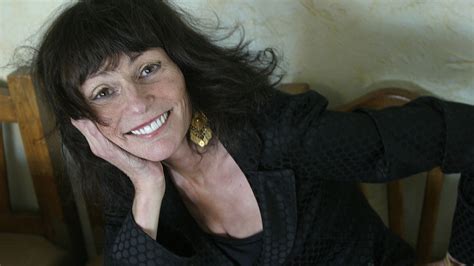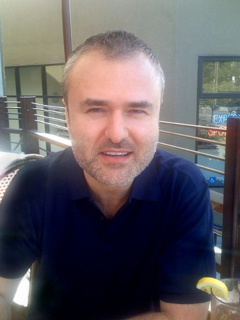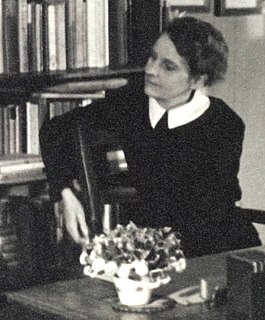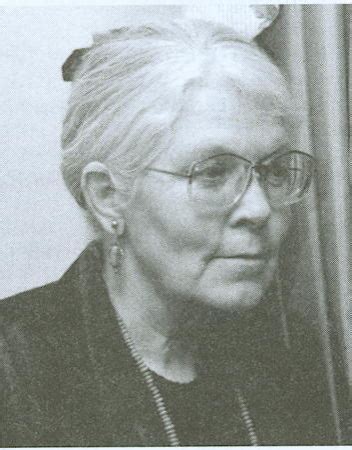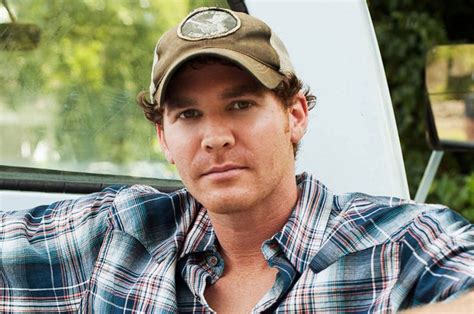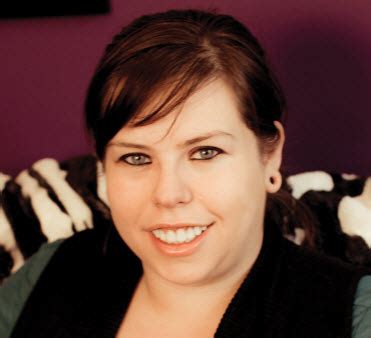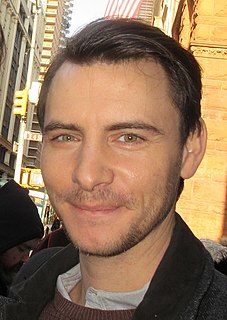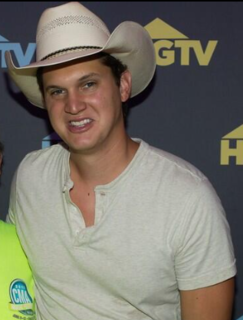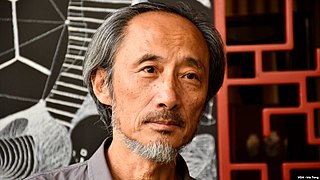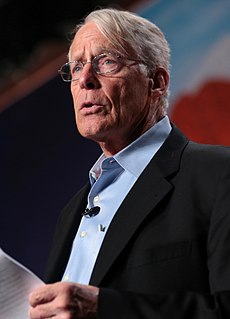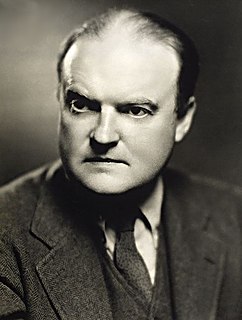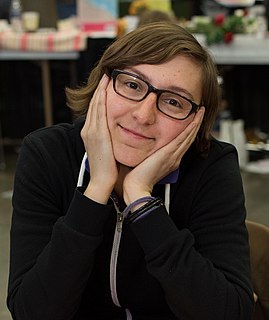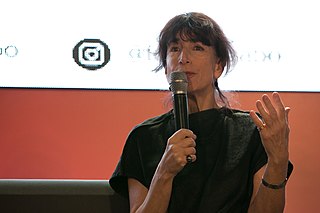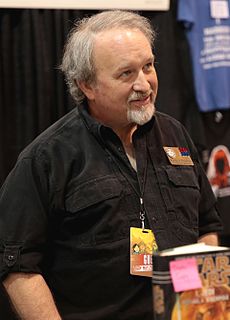Top 917 Publishing Quotes & Sayings - Page 12
Explore popular Publishing quotes.
Last updated on November 12, 2024.
Animal rights activists talk about cruelty and torture, some backing their assertions by publishing out-of-date photographs of 'experiments' banned long ago. This is a misrepresentation. The work we do is performed with compassion, care, humanity and humility. I have never seen an animal suffer pain.
The profession is never going back to those days when a handful of wealthy people treated publishing like a hobby: one where the business can lose money because the family has lots of it to burn. Frankly, I don't think that model was ever sustainable, and it really only enriched a small number of writers.
There's a bizarre prejudice that exists in the New York publishing establishment that any work outside the tri-state area is being done by trained chimpanzees, that geography screens out sensibility. There's an idea that all Los Angeles writing is about the movie industry, that it's vulgar, shallow and banal.
When things are digital, they're all 1's and zero's, and so they commingle in ways we didn't anticipate and you could do things that were not like publishing or television, or computers, but were some intersection of those and that got known to be convergence, so between the switching, or trading of places and the convergence, you have today's media.
In all the time I was with L.T.D., I was never allowed to do an interview by myself. I wasn't even allowed to talk on stage between songs. I couldn't get a publishing agreement or a production deal because everyone had their own little role to play in the group... and the money, well, anything split 10 ways can't be much.
The original idea of blog publishing was that writer and reader would be on the same level. That it would be a conversation - not a lecture. People lost sight of that. We didn't. Kinja is designed to break down the walls of the ghettos. So that everybody - editor, writer, source, subject, expert, fan - can be a contributor.
This is what happens when the discourse of publishing, defined and driven by spoken and written language, is talked about in exactly the same vocabulary and syntax as any widgetmaking industry. Books are reformulated as 'product' - like screwdrivers or flea-bombs or soap - and the majority of writers are perceived as typists with bad attitudes.
The publishing scene in India is evolving rapidly, and the key challenge is to keep reinventing oneself so that one does not become formulaic. Sometimes it is safer to deal with the consequences of failure than the fruits of success. Remaining on one's toes is critical, and often one finds that success makes one complacent.
There are the Podesta emails we've been publishing. [John] Podesta is Hillary Clinton's primary campaign manager, so there's a thread that runs through all these emails; there are quite a lot of pay-for-play, as they call it, giving access in exchange for money to states, individuals and corporations.
Animal rights activists talk about cruelty and torture, some backing their assertions by publishing out-of-date photographs of "experiments" banned long ago. This is a misrepresentation. The work we do is performed with compassion, care, humanity and humility. I have never seen an animal suffer pain.
After the Tiananmen Massacre, I felt compelled not only to continue writing but to actively resist the restrictions placed on freedom of speech. I set up the publishing company in Hong Kong, with offices in Shenzhen in mainland China, and managed to publish works of fiction, philosophy, and politics by unapproved authors.
I went to Wellesley College, and it was really hard for me to get a job after I graduated. I would go into places where I would not see any black people at all in Boston - like, zero. And then in publishing in New York City, it was pretty much the same. I knew that it wasn't about the value of my work.
Traditional publishers will be dominant, and they should be because they really do assure quality. But eBooks, which are huge already, are going to eclipse everything. They will save traditional publishing the way DVDs saved movie studios (for a while) and they'll greatly expand the number of readers.
On the one hand, I have wanted to supply documentation on myself by including material relevant to my emotions and ideas in my youth; and, on the other, not to let myself down by publishing inferior material. My poetry comes under the latter head. My only advice to the reader is to skip any verse that he sees coming.
Those of us who know the transporting wonder of a reading life know that it little matters where we are when we talk about books or meet authors or bemoan the state of publishing because when we read, we are always inside, sheltered in that interior room, that clean, well-lighted, timeless place that is the written word.
I would say that the Pentagon Papers case of 1971 - in which the government tried to block the 'The New York Times' and 'The Washington Post' and other newspapers from publishing papers that they obtained from a secret study of how we got involved in the war in Vietnam - that is probably the most important case.
Before the widespread rise of the Internet and easy publishing tools, influence was largely in the hands of those who could reach the widest audience, the people with printing presses or access to a wide audience on television or radio, all one-way mediums that concentrated power in the hands of the few.
As for the multiple editions, in the case of a truly great writer - Shakespeare, Emily Dickinson, Proust, someone with a canon - there is often a "variorum" edition of the work that presents its variants. I think publishing most other writing that way would be impossible, economically, for publishers, and very ill-advised for authors.
I wanted to be involved with literature. I certainly wasn't going to be able to write for a living, and I didn't have enough confidence in my talent to think that I should be just doing that. Publishing seemed like fun to me - to be involved with writers. And it did turn out to be. I thought I'd try it, and I'm still trying it, 40 years later.







